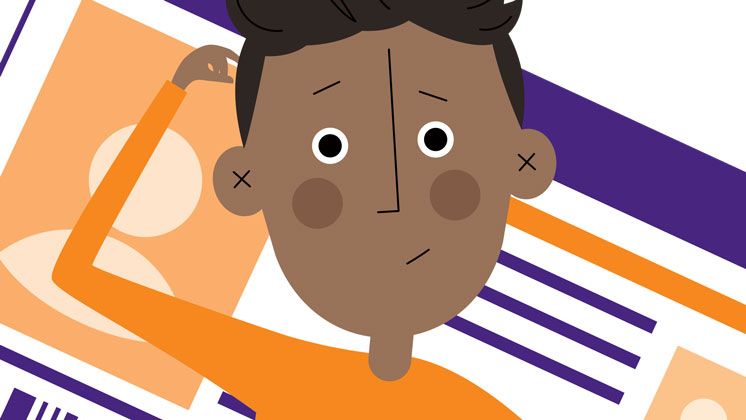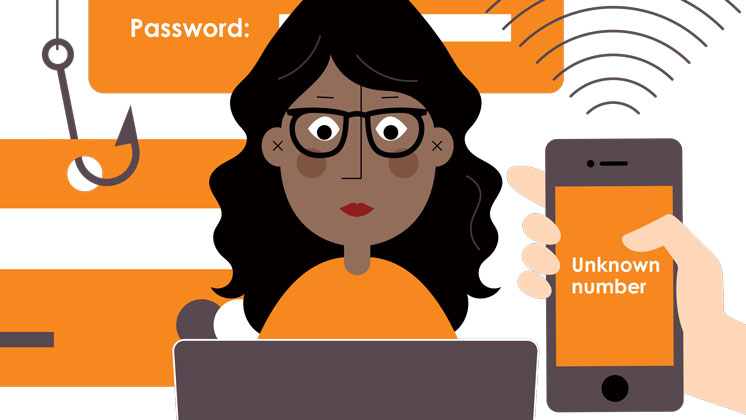Working together to teach young people about fraud

Research conducted at Cifas has shown that increasing numbers of young people are affected by fraud, either being targeted by online fraudsters or unwittingly engaging in fraudulent acts themselves.
Together with PSHE Association, the national body for Personal, Social, Health and Economic education, Cifas has created four Anti-Fraud Education lesson plans with accompanying resources. The lesson plans are targeted at 11-16 year olds and cover Key Stage 3 and 4.
Helping young people understand the effects of financial crime

The lessons aim to help students:
- Recognise what fraud is, why they may be targeted and how to seek support;
- Explain the consequences of committing fraud;
- Develop skills to protect their online information and personal data; and
- Develop skills to critically evaluate the reliability of online content in relation to scams.
The two lesson plans for Key Stage 3 introduce students to the concept of fraud and the importance of digital literacy and data protection within the context of financial risk. For Key Stage 4, the two lessons build on this learning by encouraging students to think about their responsibility for financial information in more independent contexts.
Informed and up-to-date fraud education for your students

You can download the plans and resources for each lesson from this page.
You may also wish to use these awareness videos, created by Cifas, as extra resources:
- Data to Go – Created in partnership with BBH London, this 'hidden camera' film highlights just how easy it is for criminals to get your personal information from the Internet.
- Sponsor a Child Trafficker – Also created in partnership with BBH London, this film looks at the devastating consequences that money mules (people who allow their bank accounts to be used to launder money) enable.
Further information

To find out more about the work at Cifas to deliver anti-fraud education to schools, please contact communications@cifas.org.uk
The lesson plans can also be found on the PSHE quality assured resource site.
For further anti-fraud education material, teachers may wish to make use of the resources from MoneySense.





